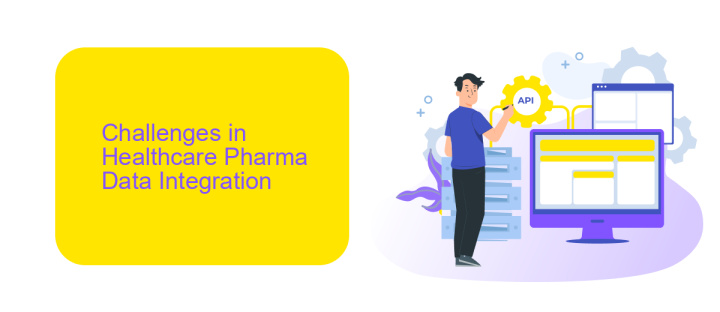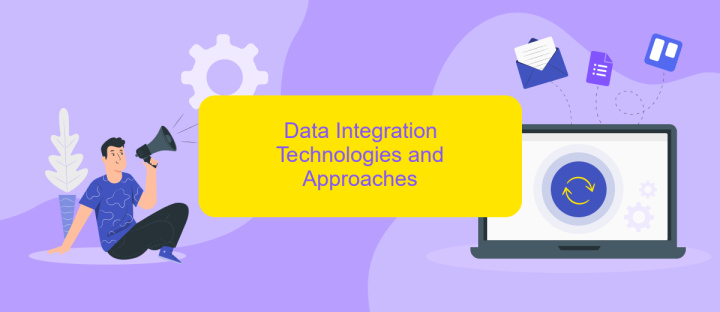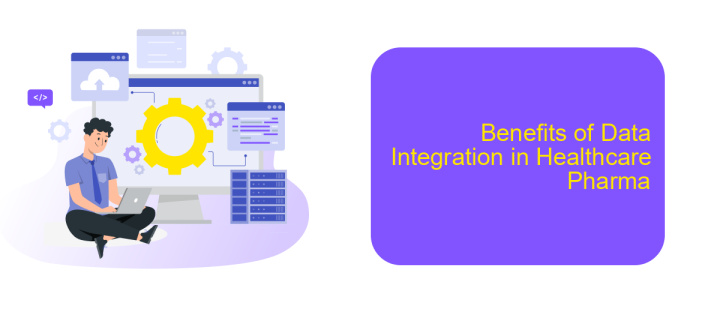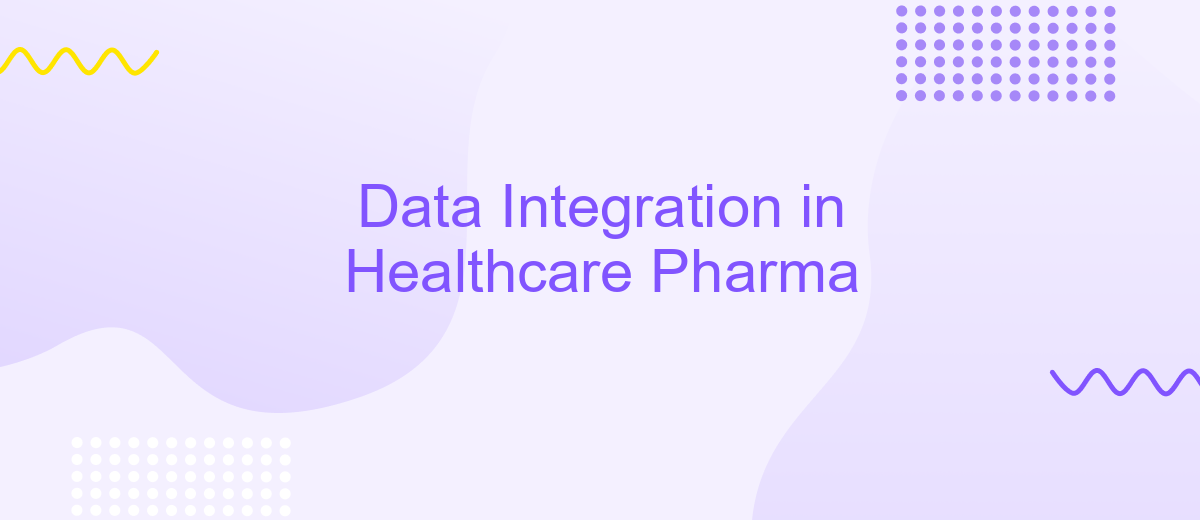Data Integration in Healthcare Pharma
Data integration in healthcare and pharma is revolutionizing the way patient information and pharmaceutical data are managed. By seamlessly combining diverse data sources, healthcare providers and pharmaceutical companies can enhance patient care, streamline operations, and drive innovation. This article explores the critical role of data integration in transforming the healthcare and pharmaceutical sectors, highlighting its benefits, challenges, and future prospects.
Introduction
Data integration in healthcare and pharma is a critical component in modernizing and optimizing patient care and drug development. The ability to seamlessly integrate data from various sources allows for improved decision-making, enhanced patient outcomes, and streamlined operations. Efficient data integration ensures that healthcare providers and pharmaceutical companies can access and utilize accurate, up-to-date information.
- Improved patient care through comprehensive data access
- Enhanced drug development processes
- Streamlined operations and reduced costs
- Compliance with regulatory requirements
One of the tools that can facilitate efficient data integration is ApiX-Drive. This service enables the automation of data flows between different healthcare systems and databases, ensuring that all relevant information is synchronized and easily accessible. By leveraging solutions like ApiX-Drive, healthcare and pharma organizations can overcome integration challenges and maximize the value of their data.
Challenges in Healthcare Pharma Data Integration

Integrating data in healthcare pharma presents numerous challenges, primarily due to the complex and fragmented nature of healthcare systems. One significant issue is the lack of standardized data formats and protocols, making it difficult to merge data from various sources such as electronic health records (EHRs), laboratory information systems, and pharmacy management systems. Additionally, data privacy and security concerns are paramount, given the sensitive nature of healthcare information. Ensuring compliance with regulations like HIPAA and GDPR adds another layer of complexity to the integration process.
Another challenge is the technical and operational hurdles associated with data integration. Legacy systems often lack interoperability, requiring significant time and resources to modernize. Moreover, the sheer volume of data generated in the healthcare sector necessitates robust data management and integration tools. Services like ApiX-Drive can play a crucial role in simplifying this process by offering automated data integration solutions that can connect disparate systems seamlessly. However, the implementation of such solutions requires careful planning and expertise to avoid potential pitfalls and ensure a smooth integration process.
Data Integration Technologies and Approaches

Data integration in healthcare and pharma is crucial for ensuring seamless data flow between disparate systems. Various technologies and approaches are employed to achieve efficient data integration, each with its unique strengths and weaknesses.
- ETL (Extract, Transform, Load): This traditional method involves extracting data from multiple sources, transforming it into a suitable format, and loading it into a target system.
- API Integration: APIs enable different software systems to communicate and share data in real-time. Tools like ApiX-Drive simplify the process by providing pre-built connectors and automation capabilities.
- Data Warehousing: Centralized repositories store large volumes of data from various sources, making it easier to analyze and report on integrated data sets.
- Cloud-Based Solutions: Cloud platforms offer scalable and flexible data integration services, allowing for real-time data processing and storage.
- Master Data Management (MDM): MDM ensures consistency and accuracy of critical data across different systems, enhancing data quality and reliability.
Choosing the right data integration approach depends on the specific needs and infrastructure of the healthcare or pharma organization. Leveraging tools like ApiX-Drive can streamline the integration process, offering a user-friendly interface and robust automation features to ensure efficient data flow.
Benefits of Data Integration in Healthcare Pharma

Data integration in healthcare and pharma is essential for improving patient outcomes and operational efficiency. By consolidating data from various sources, healthcare providers and pharmaceutical companies can make more informed decisions, leading to better patient care and streamlined processes.
One of the significant advantages of data integration is the ability to create a comprehensive view of patient health. This holistic perspective enables healthcare professionals to identify patterns, predict potential health issues, and personalize treatments. Additionally, pharmaceutical companies can leverage integrated data to enhance drug development and monitor adverse effects more effectively.
- Improved patient care through personalized treatment plans
- Enhanced drug development and monitoring
- Streamlined operations and reduced administrative burdens
- Better compliance with regulatory requirements
Services like ApiX-Drive facilitate seamless data integration by connecting various healthcare and pharma systems. These integrations enable real-time data transfer, ensuring that all stakeholders have access to the most up-to-date information. As a result, healthcare and pharma organizations can operate more efficiently and provide higher quality care.
Conclusion
Data integration in healthcare and pharma is crucial for enhancing patient care, streamlining operations, and ensuring regulatory compliance. By effectively merging disparate data sources, healthcare providers can gain comprehensive insights, leading to informed decision-making and improved patient outcomes. Moreover, the integration facilitates seamless communication between various departments, reducing errors and redundancies.
Utilizing services like ApiX-Drive can significantly simplify the integration process. ApiX-Drive offers robust solutions for connecting diverse healthcare systems, ensuring data integrity and consistency. Its user-friendly interface and automated workflows enable healthcare organizations to focus on their core mission of patient care, rather than getting bogged down by technical complexities. In conclusion, leveraging advanced integration tools is essential for the future of healthcare and pharma, driving innovation and enhancing overall efficiency.
FAQ
What is data integration in healthcare and pharma?
Why is data integration important in healthcare and pharma?
What challenges are associated with data integration in healthcare and pharma?
How can automation and integration tools help in data integration for healthcare and pharma?
What are the best practices for successful data integration in healthcare and pharma?
Routine tasks take a lot of time from employees? Do they burn out, do not have enough working day for the main duties and important things? Do you understand that the only way out of this situation in modern realities is automation? Try Apix-Drive for free and make sure that the online connector in 5 minutes of setting up integration will remove a significant part of the routine from your life and free up time for you and your employees.

